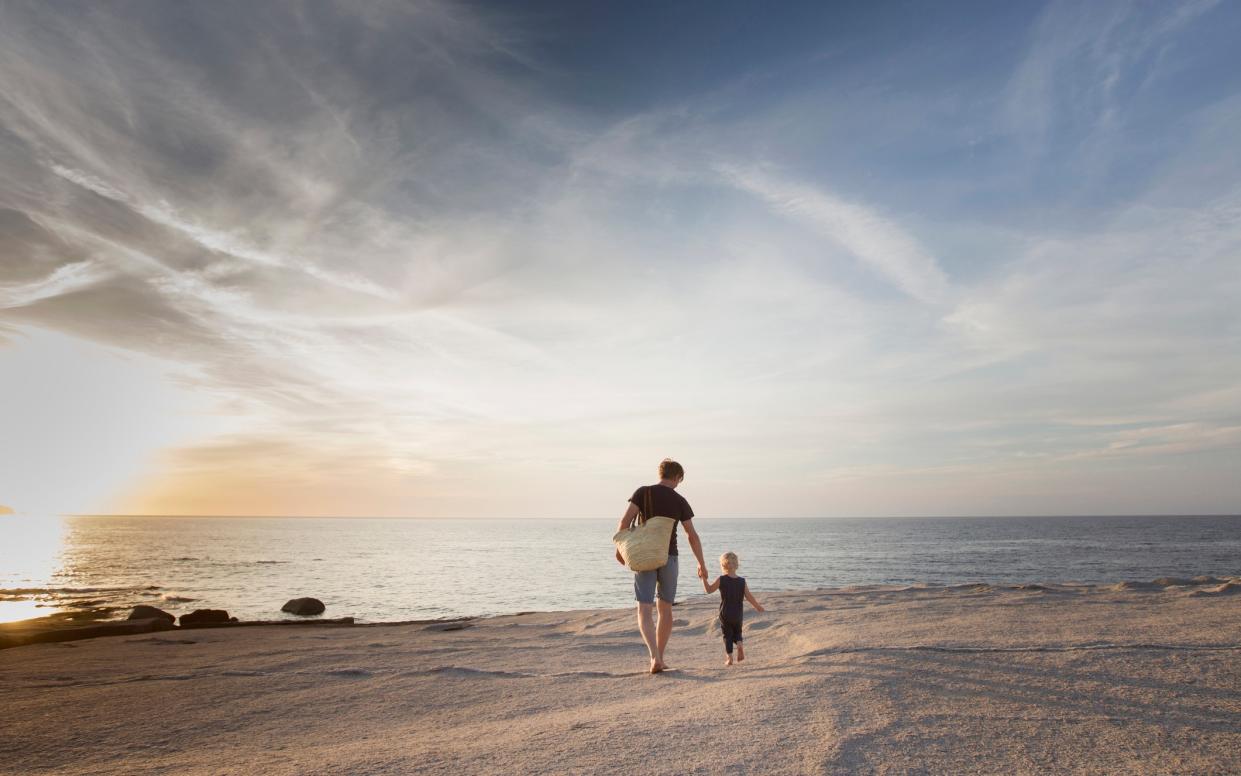Why children with autism fear travel – and what parents and operators can do to help

Travel and family holidays can present a unique challenge to children with autism. Here we offer expert advice, tips for operators on how they can support families, and links for further advice and help. To mark Austism Awareness Week (April 1-7), we have also included some of the best resources to support families when they travel.
Why is travel traumatic for some children with autism?
By Dr Miriam Bindman, principal clinical psychologist with the social communication disorders service at Great Ormond Street Hospital
Children with autism experience differences in sensory processing, meaning they can find noisy, bright and busy environments overwhelming. They may also have difficulty understanding what other people mean, and have trouble understanding their own emotions, which they may find hard to communicate in socially expected ways.
Many children with autism also have learning and/or language difficulties, so may not understand instructions or explanations and may need more time to process information.
Lots have quite specific preferences when it comes to food, and are very sensitive to even small differences in taste and texture. On holiday, they may be very limited in what they can eat. Children with autism really struggle to be flexible about this – it is not a question of just not liking the food.
While in an unfamiliar place, the child is likely to need familiarity wherever they can get it, including having the reassurance of their parent nearby.
How could holiday companies make travel less stressful?
Children with autism sometimes behave in ways that untrained people find strange or confusing. The more staff and companies understand about autism, the more their customers can relax and enjoy their holiday. However, it’s important to know that every child is different.
Making small adjustments (for example locating a quiet room, letting parents know schedule changes in advance) and checking in with parents regularly can prevent difficulties.
Many parents say that dealing with other people’s attitudes is their biggest challenge when they are away. Members of the public may complain or make hurtful comments about the child’s behaviour, and judge it as “naughty”. Staff can make a big difference by showing that they understand, and by supporting parents.
Top tips for travelling with a child with autism
At the airport, don’t be afraid to tell staff that your child has ASD and use priority queues. Get a letter from your healthcare professional outlining your child’s needs and be ready to present it when required. This is also useful if you travel to any of the major theme parks in Britain and beyond.
For a cost, an airport’s executive lounges offer a quiet place to relax and space for your child to decompress away from all the bustle. Otherwise, try to sit by a window.
Consider upgrading to a private transfer if your child prefers their own space after a long flight.
Request a room in a quieter part of the hotel or resort. Apartments and villas will mean you can avoid restaurants.
Familiarise your child with your destination and accommodation through pictures or videos ahead of time. Once at the resort, take advantage of orientation tours and make a daily plan of activities.
Bring familiar toys and stick to routines you have at home that are doable on holiday (eg bath time and bedtime).
Cut yourselves some slack. The whole family needs a holiday and it’s unlikely that anyone will perish if the children eat spaghetti bolognese every day for two weeks.

Where can I learn more?
The National Autistic Society (autism.org.uk) works to improve the lives of people with autism and runs an award scheme to encourage businesses to adapt to their needs. Its website lists some of the UK’s most “autism-friendly” businesses, including tourist attractions and airports.
Gatwick (gatwickairport.com) leads the airport pack in the UK, offering passengers with special needs an interactive sensory room and a calming lounge that avoids duty-free, as well as familiarisation “open days” and lanyards to identify people who need extra support. Other UK airports offer special assistance.
The Association of British Travel Agents (Abta) stresses the importance of informing an operator of your family’s needs when booking. It also offers advice for people with physical challenges at abta.com/tips-and-advice/accessible-travel.
Virgin Atlantic (virginatlantic.com) offers guests with autism priority boarding and seat selection. It has created a symbol identifying anyone who needs extra help and it allows passengers to visit a mock aircraft at Virgin’s training base near Gatwick Airport to see how everything works.
British Airways (britishairways.com) can, if given 48 hours’ notice, offer priority boarding and early meals on board. It also has a dedicated check-in area at Heathrow Terminal Five for people with special needs and offers seat selection for customers travelling with a disability.
Tui (tui.co.uk) can liaise directly with hotels and offers pre-departure photo guides. It can arrange private transfers, special assistance at the airport and suitable plane seats.
Thomas Cook (thomascook.com) has a specialist accessibility team, which, if contacted, can support arrangements for the holiday, the journey, transfers and accommodation.
Center Parcs (centerparcs.co.uk) offers assistance to families by arranging early check-in procedures before crowds arrive, booking quiet tables in restaurants and arranging one-to-one instructors for certain activities.
Walt Disney World (disneyworld.disney.go.com) provides guides to rides for children with special needs and offers a Disability Access Service that avoids queues.
Has a travel company made a difference to your child with autism? We want to hear from you in the comments section below.
To join the conversation simply log in to your Telegraph account or register for free here.
